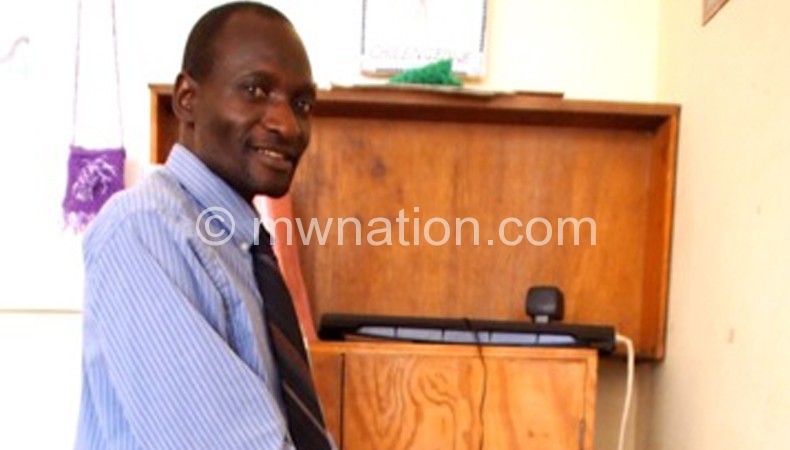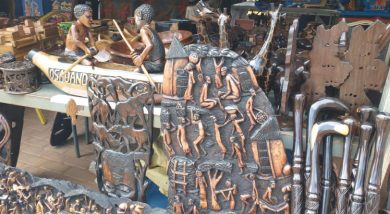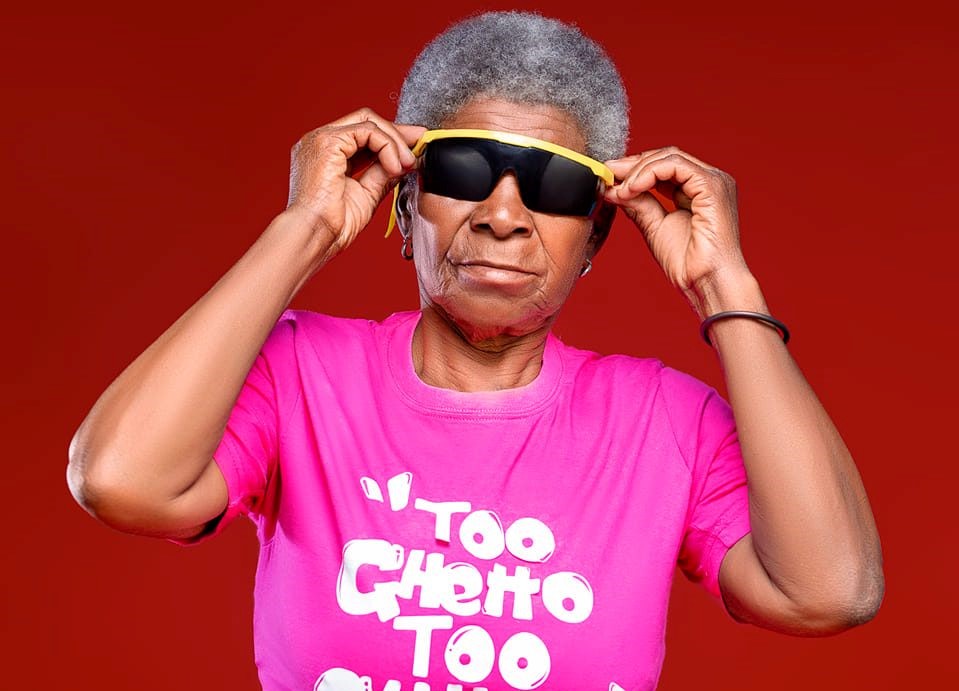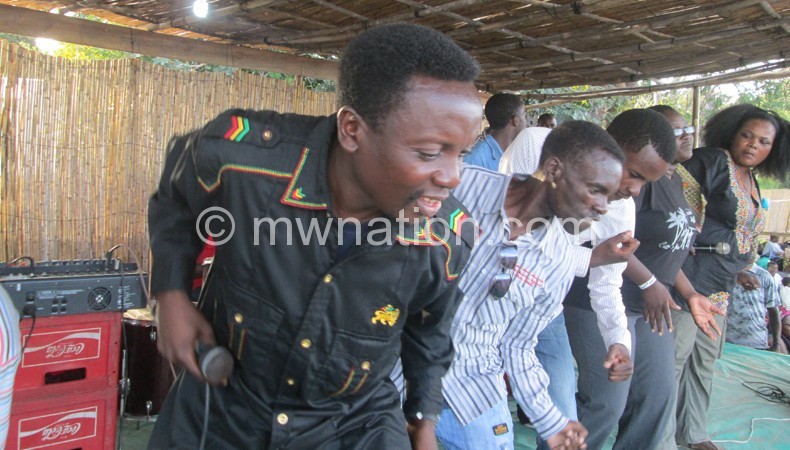RAY OF HOPE FOR MUSIC IN SCHOOLS

Music has, for a long time, not been on the curriculum of basic education and commentators have bemoaned the absence of the subject in schools. The observers described it as the root-cause of the slow progress of Malawian music.
Government, through the Ministry of Education, has developed music curriculum in primary and secondary schools.
However, there are still some glitches in the teaching of music in primary schools.
The first being that there are few qualified tutors in teachers training colleges, which results in poor quality lessons to students.
Another hiccup is that even the less qualified tutors that are there are not enough.
To counter this problem, Swedish music expert Johan Vanhoutte volunteered to train teachers at Blantyre Teachers Training College (BTTC).
How is music important to primary school pupils?
In an interview with Chill, Wyson Banda, principal of BTTC argued that music is important to primary school pupils as it is a way of preserving Malawian culture.
“In our society, music portrays the type of people. For example, the Lhomwe, have their own type of music, the Mang’anja, the Chewa, it’s everywhere. It’s one way of preserving culture among people,” said Banda
He said music is also an important factor in the development of a child’s personality.
“Musical skills trigger multiple parts in the human brain that help children in their growth and learning capacities. It’s also important in creating group-feelings among children, it makes children participate in songs and dances. Shy children or children with learning problems can benefit enormously from doing musical activities in school and elsewhere,” he said.
Banda bemoaned unqualified trainers and lack of syllabi as some of the major problems in the training of teachers in the field.
“We don’t have syllabi in TTCs, but it’s embedded in Expressive Arts. So, it’s like most people take other areas as being more important than music itself. On the other hand, we don’t have enough equipment for the teaching of music,” he lamented.
He said problems in teaching the subject are even worse in primary schools because pupils are taught by people who are not well qualified to teach music.
“I know some people are well trained from Chancellor College but unfortunately they don’t come to teach in TTCs, they go to work in other sectors,” said Banda.
Stanley Kwerengwe, deputy head of the department Expressive Arts at BTTC, said the biggest challenge they have is that they lack sound musical knowledge in terms of music practice.
“Most teachers do not know how to read music, or play instruments that’s the biggest challenge. The training we give them in music is not enough, so they cannot really teach music,” said Kwerengwe.
The academician suggested that government should start a musical course where teachers can be trained in music theory as well as skills in musical instrumentation, vocals and composition.
“We are working with Mr Vanhoutte to go out and record songs that will be transcribed, put on staff notation and songbooks will be developed to be used in primary schools. It is a project that will take time, but a start is made already!” said Kwerengwe.






Some mistakes here, Wyson Banda is the Deputy Head of the department Expressive Arts in BTTC and Stanley Kwerengwe is the Pricipal of BTTC. Johan Vanhoutte is Belgian and not Swedish … Music has always been in the Curriculum of the government but we lack well trained music teachers to teach the subject.